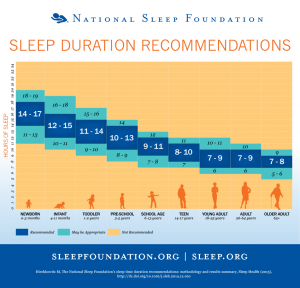
By Dr. Elisha Cook ND
Halloween can have many mixed emotions for families. There is the excitement of dressing up, imagination, and of course treats. However, there is also the anticipation of behaviour battles and having access to treats in the house. Different struggles can arise for different families, and it is important to keep in mind that your individual situation is different than someone else’s. As a result, you do not need to approach this time of year and holiday the same as other families.
The Candy
As mentioned above, different families will have different struggles during this season. For some, having a child with a food sensitivity can challenge you to wonder, “is this treat really worth them experiencing (insert your child’s symptom)”. For others, the sheer volume is overwhelming and may be too much for their child to be able to handle. Some individuals may not struggle at all in this area.
For those who struggle with volume or particular treat items, consider a trade or a deal. Go about your festive activities as you normally would, sort through the candy to pull out items your child reacts to or would lack interest in, and offer them a deal. Consider suggesting to them, “If you give us this bag of candy, we will give you this new toy”. In our house, we have done this and our little one has been more than willing to make a trade. The prospect of a new toy is much more enticing than the sugar.
The Environment
Between flashing lights, heavy foot traffic, and spooky items, the various environments of Halloween can be overwhelming for some, including some neurodivergent individuals (individuals with different conditions or states that affect their brain functioning). Individuals who experience this can consider going to quieter neighbourhoods with less foot traffic or homes with fewer decorations. If this is difficult to anticipate or plan for, consider taking quiet breaks every couple of houses to regroup and ground before moving on.
An alternative is to change how you approach Halloween entirely. Attending a Halloween party put on by a local organization may offer a different way to celebrate, have some fun and get some treats. You can even consider holding your own Halloween party, and giving your child a bag of treats at the end (though this requires a bit more planning and potentially resources).
The Aftermath
The time after Halloween can hold the majority of the struggles that parents face. As mentioned above the types of candy and candy itself can pose problems for some. As parents, having access to these treats in the house can be a struggle as temptation has walked in the door, sat down, and offered you a bag of chips as part of your “parent tax”. In addition, if you are a home that participates in giving out treats to trick or treaters, you may be stuck with the left overs. Approaching these treats with moderation can be easy for some individuals, but for others, adopting certain mindsets may be warranted:
Mindset #1: I do not NEED this treat.
Mindset #2: This belongs to (insert child’s name).
Mindset #3: My goal of (insert goal), is more important to me than this treat.
With the temptation, consider asking yourself these questions:
Question #1: Is this treat worth moving further from my goal?
Question #2: What could I be doing instead of eating this treat?
Question #3: Am I just thirsty?
Question #4: Have I adequately fueled my body prior to eating this treat?
If all else fails, consider if the treats need to leave the house. Do they need to be thrown out, given to an organization, given to a family who would love to have them, etc.? However you celebrate, I hope that the ideas presented might offer an opportunity to manage the highs and lows of the season with greater ease and victories.
Have you benefited from reading this blog? Know someone that would benefit as well? Share, Like, Comment, or Tweet this article, and let me know what you think. Some of the information provided above may not be appropriate for everyone, please consult with your doctor before trying any of the above. If you are interested in trying any of our services, working with any of our amazing practitioners, or are simply wanting a different approach to your health care needs, contact the Plattsville Natural Health Clinic by calling 226-232-7665 and book your appointment today!

